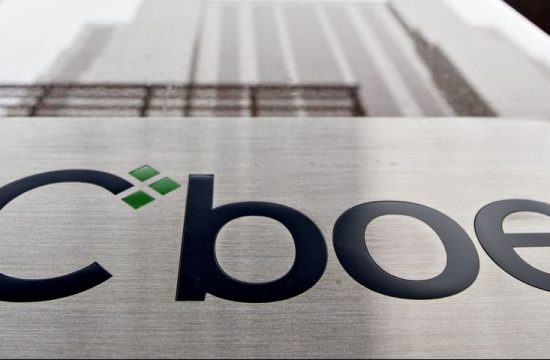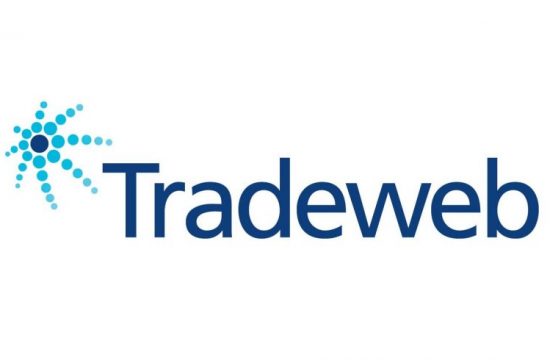Trading 212 has a void to fill at its FCA-regulated business in London, following the departure of two key players, Raj Somal and Borislav Nedialkov.

First named Avus Capital, Borislav Nedialkov founded Trading 212 with its CEO Ivan Ashminov in Bulgaria in 2004. It was later incorporated in London and was the first retail UK broker to offer commission-free trading and its core product portfolio consists of stocks, ETFs, FX, and derivatives products.
Meanwhile, Raj Somal joined Trading 212 in March 2022 as an independent non-executive director, informing strategic growth from a legal, compliance and risk perspective. She held board-level executive and advisor roles at different companies and enjoys deep knowledge of the full lifecycle of regulated financial services business. Raj obtained her law degree (LLB) from the University of Leicester and conducted her further studies at the College of Law, her Linkedin profile shows.
Per a filing with the UK Companies House, the two directors parted ways with the company on January 26. Trading 212 has recently made a series of changes to its management structure, appointing new board members earlier last year.
According to its latest financial reports, a boom in retail trading helped Trading 212 earn handsome fees from its clients’ trades, resulting in an 8 percent jump in revenue of the previous fiscal year.
While operating both a CFD and a stockbroking platform, T212 continues to shift focus towards stockbroking with the growth strategy delivering increases in client money and asset balances from £2.1 billion to £2.9 billion.
T212 has invested significantly in the UK entity and its operating model. This included increasing its share capital by an additional £19.8 million and cash reserves by over £90 million. The FCA-regulated brokerage also boosted its headcount in the City, with recruitment plans announced in 2022 to grow to circa 70.
Outside of the UK entity, and following Brexit, Trading 212 revealed that it plans to transfer some of its clients around the group. This will see the UK entity transferring circa 14% of its clients (all being EU clients) to the new Cyprus entity, while the Bulgarian entity will also be transferring its client to either the Cyprus or UK entity.












